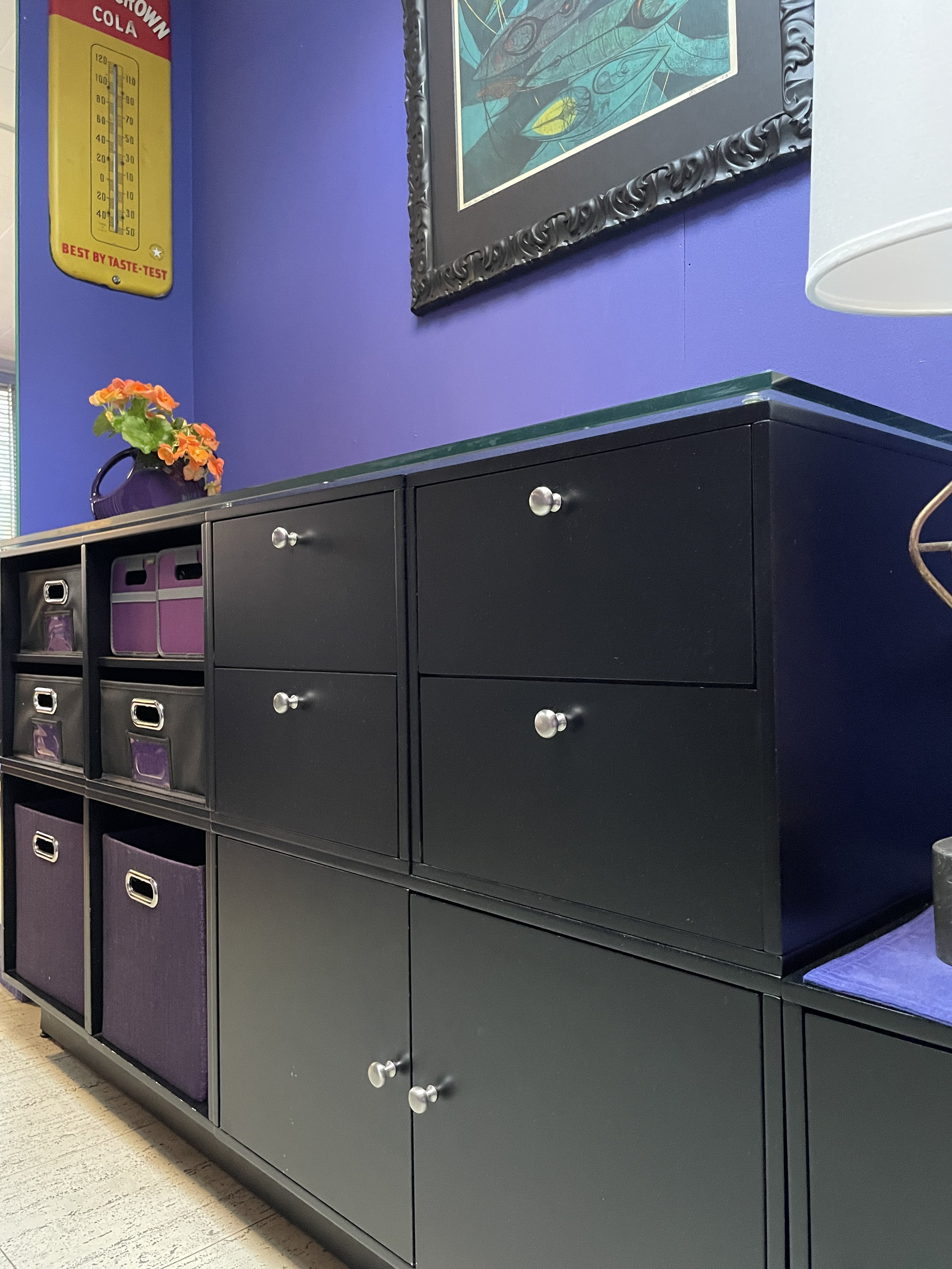There are times when life goes sideways. The unthinkable happens, and you feel you have no control over anything. Your mood is dark, and hope is barely accessible. Cognitively, you understand there are no guarantees in life and that chaos is present. Yet, how do you cope? What can you do when nothing makes sense, and things feel out of control?
I don’t pretend to have the answers or know what you’re experiencing. I’m navigating this challenging time, too. Yet, I have a few strategies that are helping me, which might be helpful to you.
Instead of focusing on the areas you have no control over, shift your attention. Identify and engage in what is nourishing and within your control.
5 Courageous Coping Strategies When Life Feels Out of Control
1. Supercharge Your Self-Care
Take care of yourself. During stressful times, you might ignore the basics. However, doing that makes you feel worse and less able to cope with challenges.
Recommit to self-care basics. Get enough sleep, hydrate, eat nutritiously, and move your body. Walking in nature has additional mood-boosting benefits.
Beyond essential self-care, consider getting a massage, manicure, or pedicure. Or how about taking a yoga, exercise, or meditation class?
Be kind to yourself and engage in intentional, mood-enhancing activities within your control.
“Recommit to self-care basics.”
2. Engage With Your Community
You might want to retreat when feeling out of sorts. However, I encourage you to do the opposite. Reach out to those who are also feeling ‘it.’ You’re not alone.
Your friends and family may be struggling, too. Connect with your loved ones. Pool your strengths while offering and receiving support.
3. Curate the Input
Scrolling social media, listening to the news, and fueling the fire may not be the healthiest choice. Cut yourself off (even if temporarily) when the external input you’re allowing adds to those out-of-control feelings.
Just as I encouraged you to eat nutritious foods to nourish your body, do something similar for your mind. Curate the input to minimize anxiety-producing thoughts and maximize ones with a more positive effect.
This could be a great time to read that new book or your favorite magazine from cover to cover. Or maybe you prefer to watch a comedy show or movie.
I’m not suggesting you ignore the outside world forever, but for this day, while building your resilience, choose to disengage with stress-inducing news. Control the input.
“Identify and engage in what is nourishing and within your control.”
4. Make Something
There is a gift in making something from nothing. What kind of something? Maybe you like to bake, write blog posts or in journals, take photographs, write poetry, or knit scarves. Perhaps you want to paint, write music, do a craft project, or create fancy cocktails.
Take control of a joy-inducing physical activity and make something. Enjoy the process and the result.
I’ve already journaled and worked on this post. Guess what else I did? I baked (and ate) some Almond Butter Chocolate Chip cookies. Fortunately, these cookies are not only delicious but also nutritious. I just have to remember to eat them in moderation. Wish me luck.
5. Declutter Your Space
Physical disorganization and chaos in your environment can affect how you feel and function. The disarray adds to a feeling of lack of control. You don’t know where things are or have the mind space to focus.
There is mood-boosting power in decluttering and organizing. The act of doing, making a change, and then experiencing the benefits of that shift is palpable.
You can’t control everything, but you can improve your corner of the world (or desk).
Human Coping Skills
Remember, you are resilient, and you have people to lean on. To help navigate challenging times, exert control in tiny yet significant ways. This won’t change everything, but it will help to calm and ground you. What coping strategies do you use when life feels chaotic?
If you need help decluttering, organizing, planning, or grounding, I’m here for you. Please schedule a Discovery Call, email me at linda@ohsorganized.com, or call 914-271-5673. Organization and ease are possible, especially with support.

















